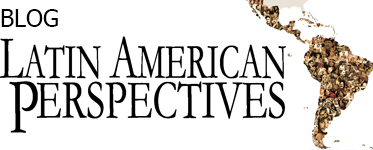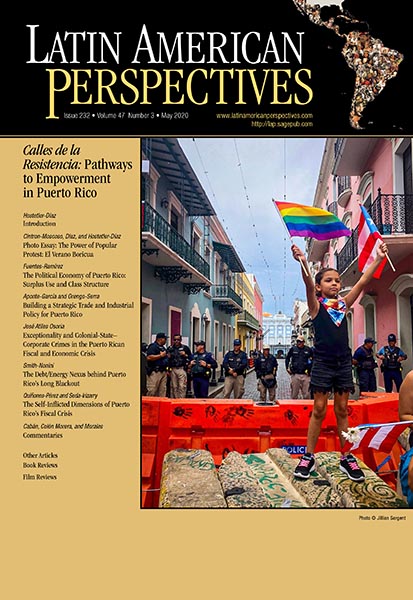El COVID-19 y las cárceles en México
Por Alberto Espejel Espinoza | June 25, 2020 El objetivo de la reflexión es brindar un panorama general sobre la situación que guarda la población carcelaria frente al COVID-19 en México. Primero se discute la situación carcelaria, resaltando los problemas en su interior. En segundo lugar, se muestra la relación entre COVID-19 y penales en el caso mexicano. Situación carcelaria en México En México, la población penitenciaria es un sector estigmatizado, que vive en condiciones indignas ante el olvido de los gobiernos estatales y federal durante varios sexenios (Documenta, 2016). Vale la pena resaltar que México es una sociedad de las más violentas e inseguras de la región. El 2019 fue el año más violento de la historia reciente (CNN Español, 2020). En ese mismo sentido, el aumento de la violencia responde a una estrategia de seguridad mal implementada (de parte de los tres niveles de gobierno, desde hace al menos dos sexenios), así como sustentada en la mano dura, lo cual ha detonado en problemas de sobrepoblación y hacinamiento, deterioro de los servicios, ingobernabilidad, así como vulnerabilidad de los derechos humanos (México Evalúa, 2013). COVID y penales El riesgo de contagio, derivado de no seguir los protocolos básicos [...]




